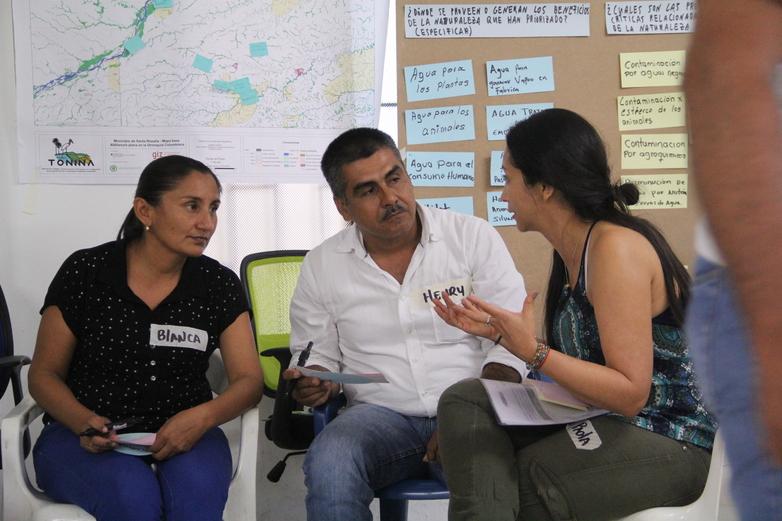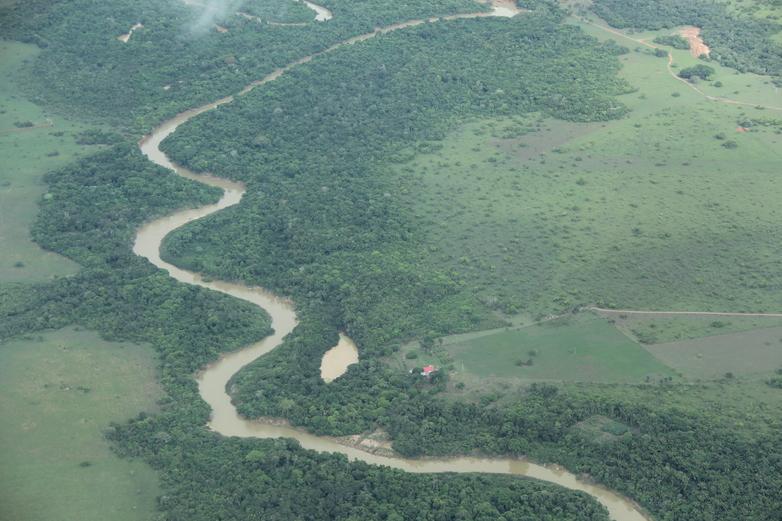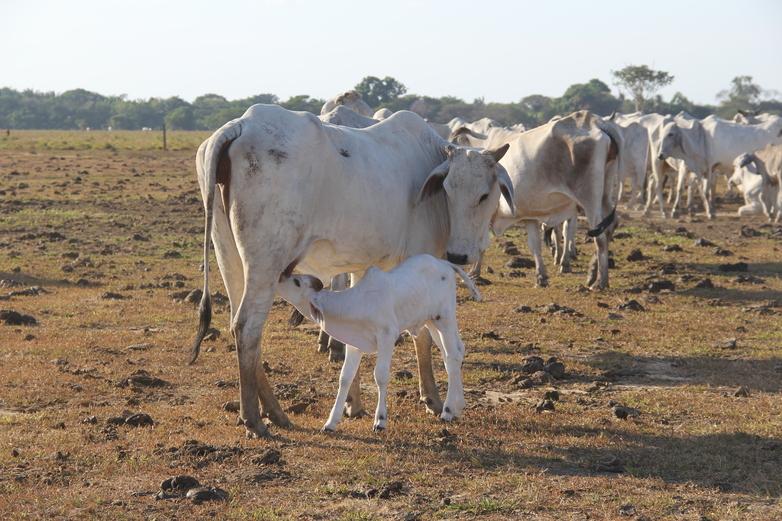Context
The ecosystems of the Orinoco river basin in Colombia are vital to the prosperity and economic development of the Orinoquía region as a result of their biodiversity and abundance of water. This riverine landscape provides clean water and fertile soils, binds carbon and thus helps to mitigate climate change. It also protects against flooding and drought. Development plans for the region provide for the expansion and intensification of agriculture. In this context, it is important that ecosystems are preserved and protected – otherwise the ecological stability of the region would be at risk, which would in turn have an impact on the economic development the country aspires to achieve.
Objective
Regional and agricultural development plans are based on the economic value of nature for the human population and sustainable land use in the Orinoco river basin.


